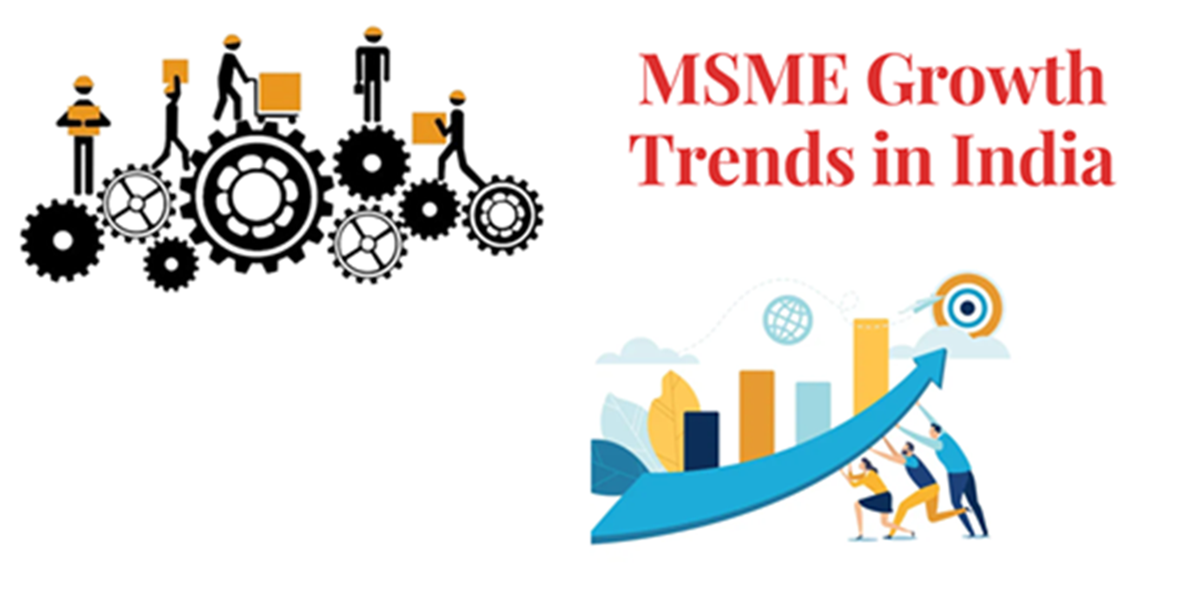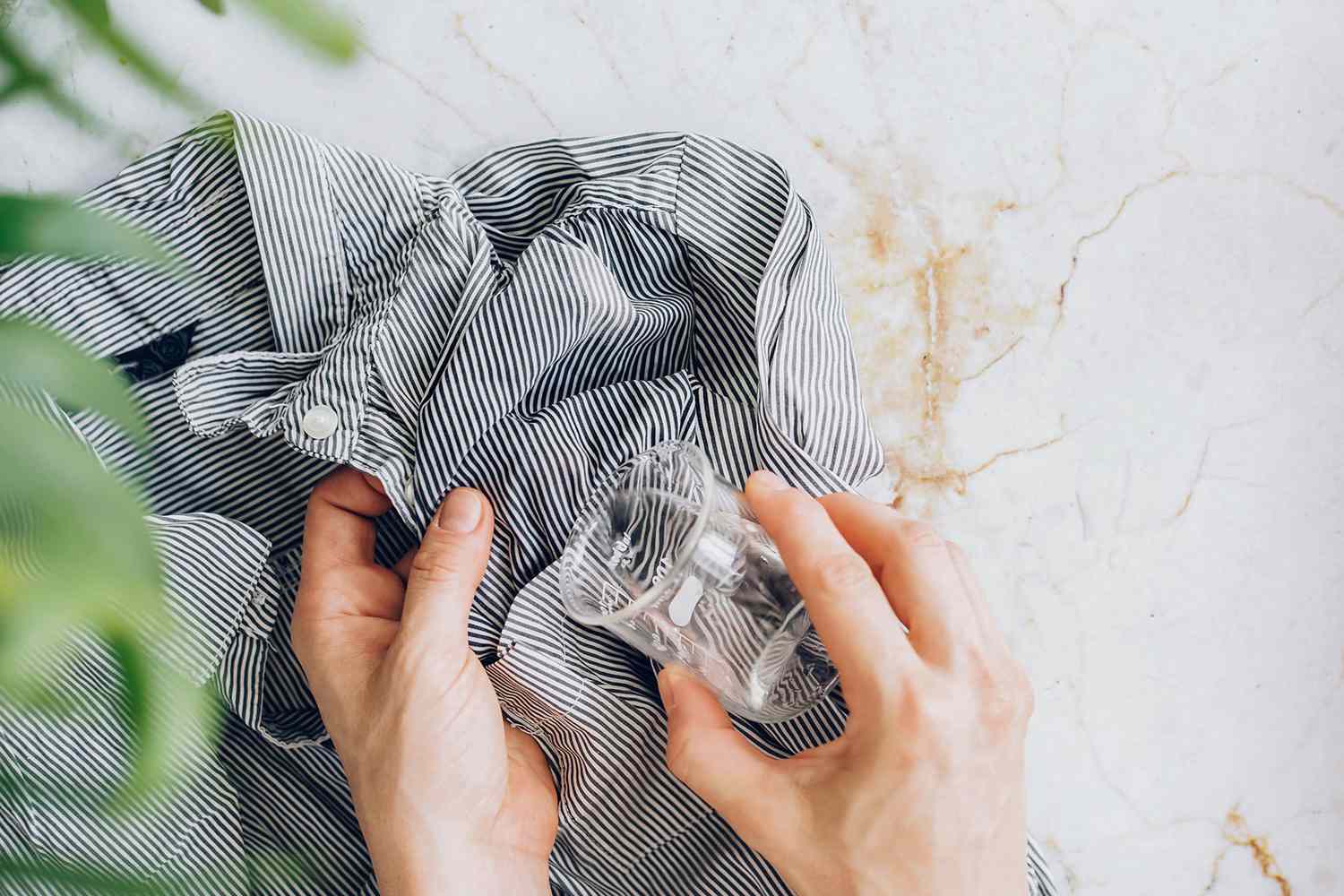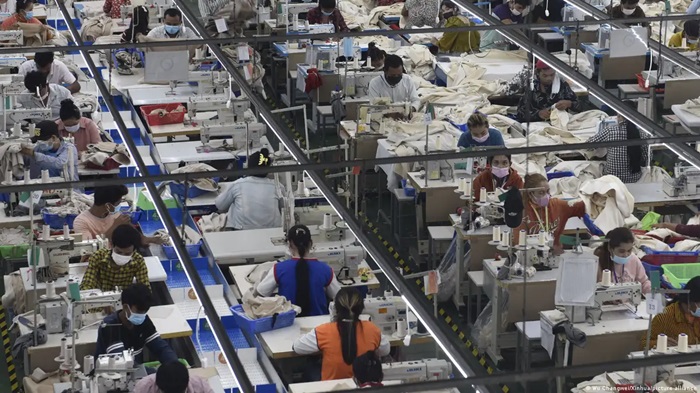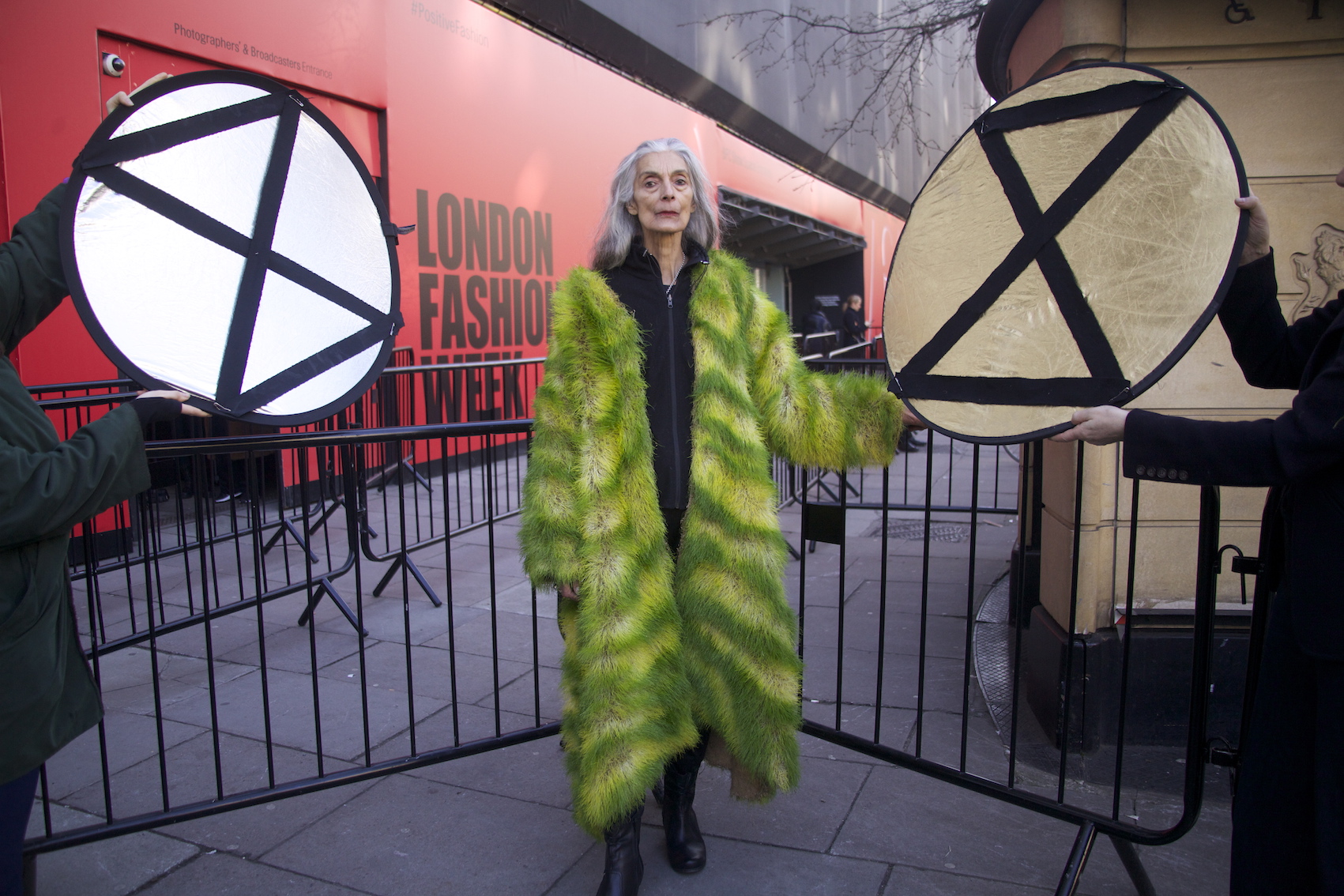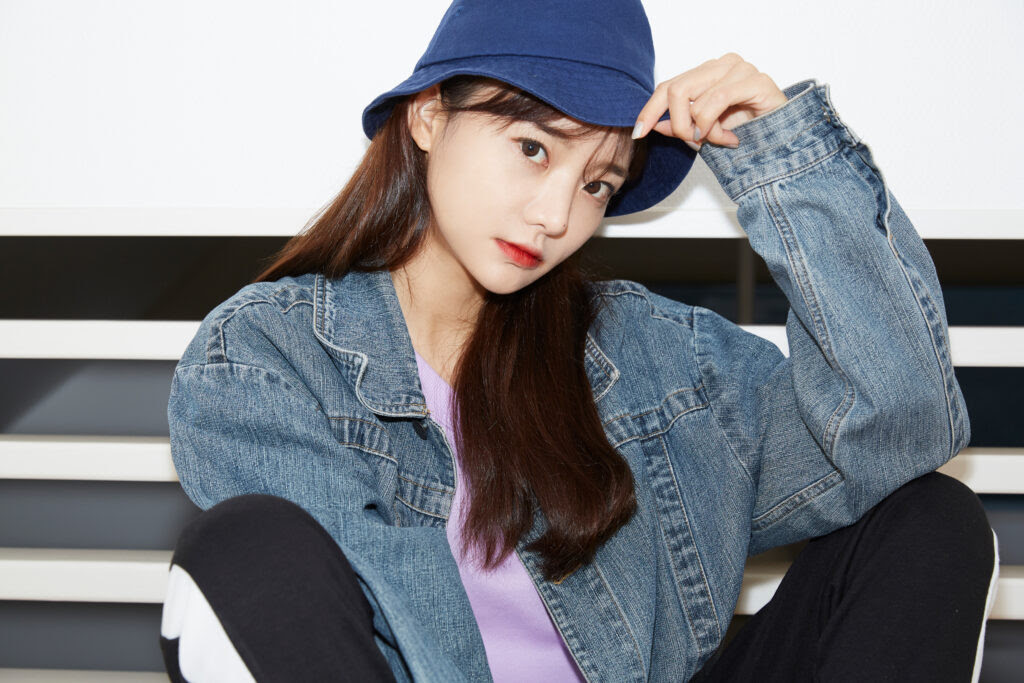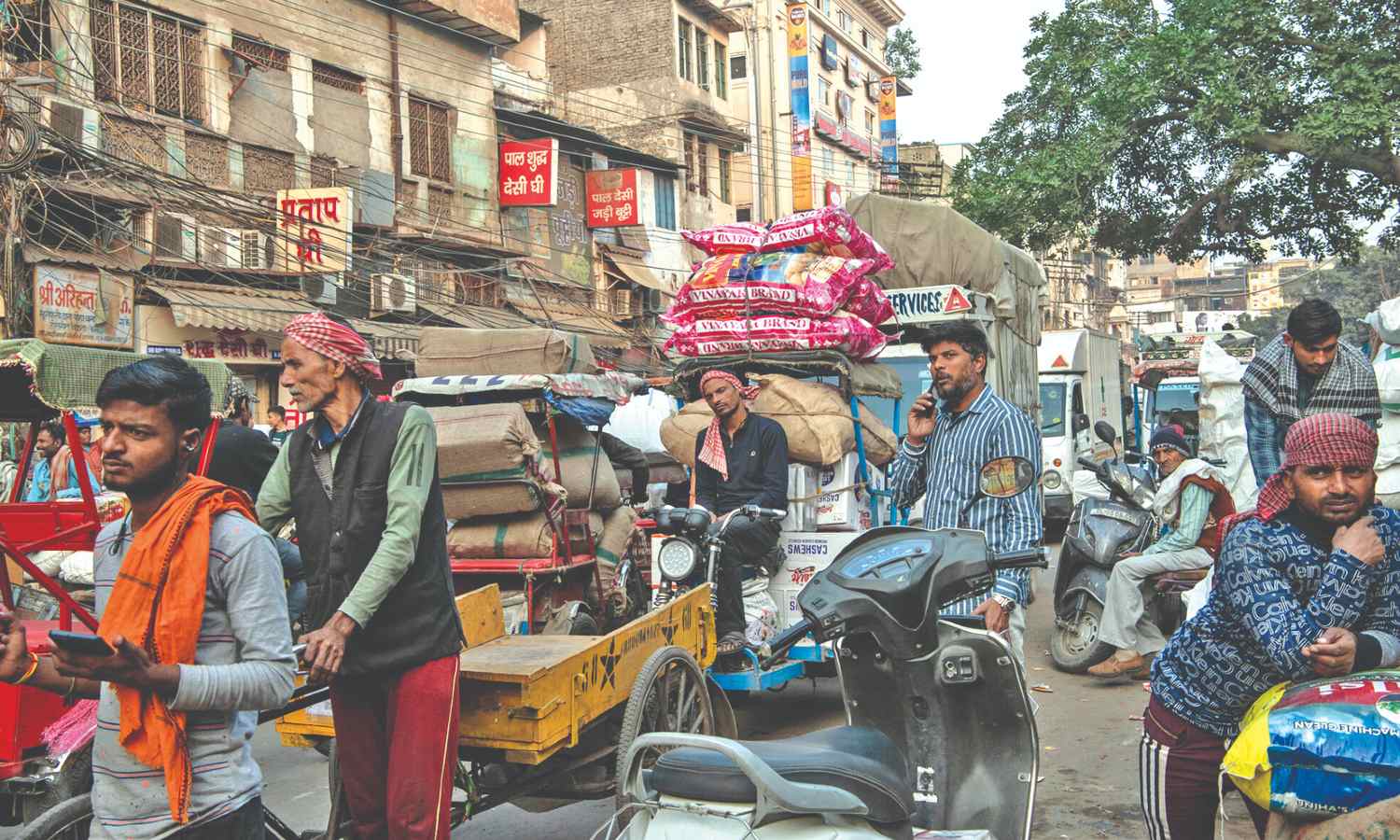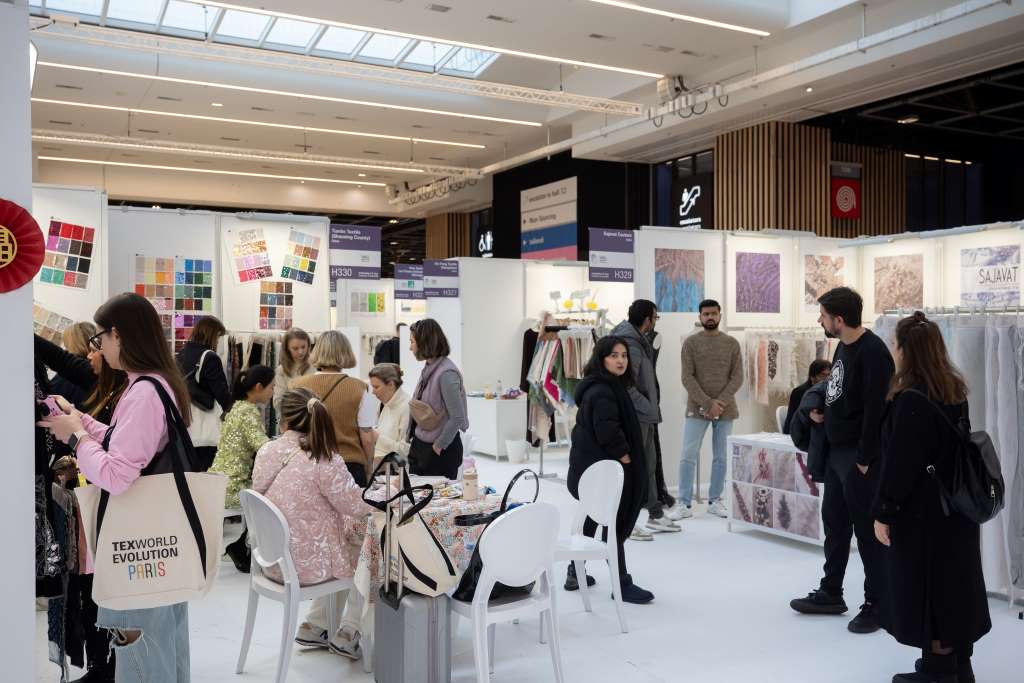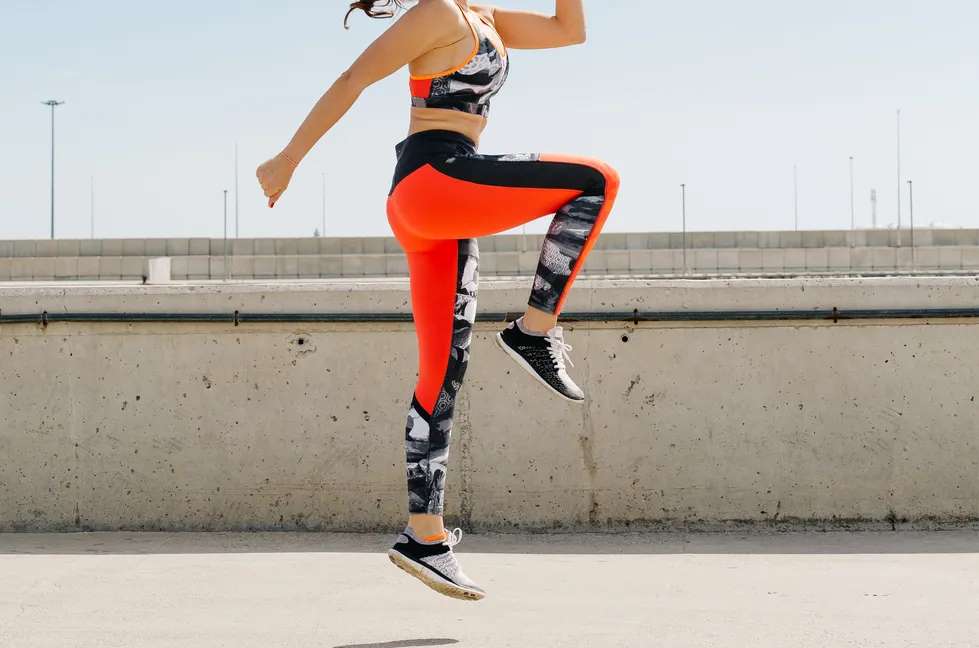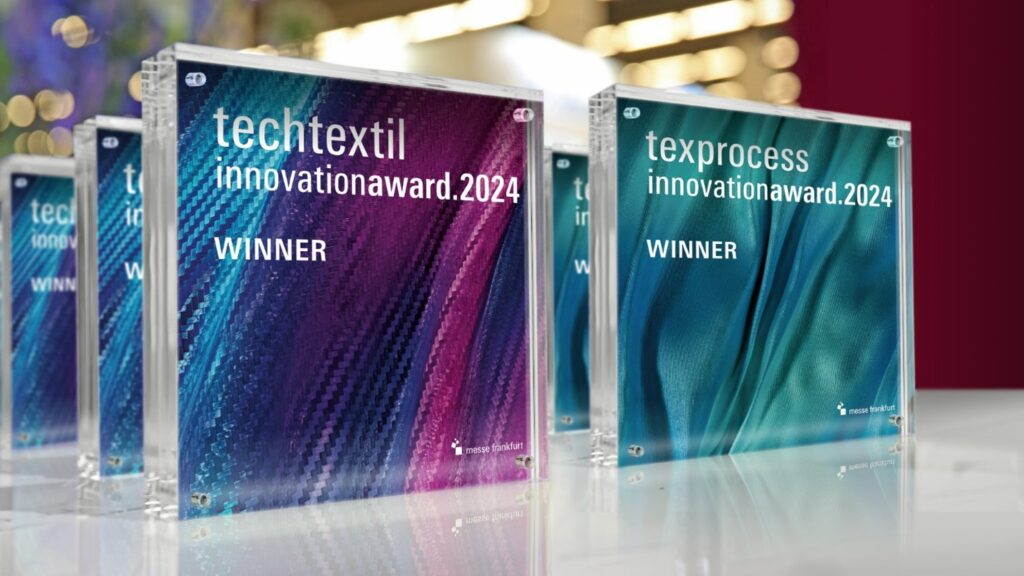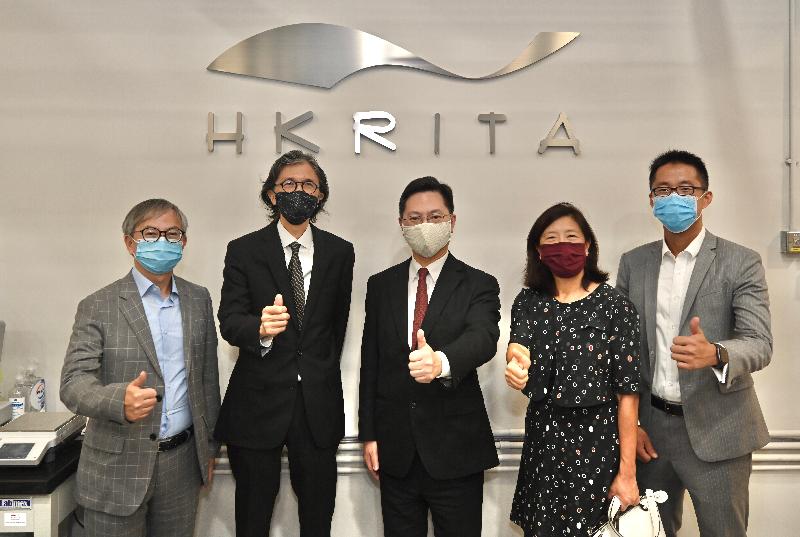FW
"As per latest US customs data, the country’s imports of home textiles and made-ups grew at a robust 7.7 per cent to reach 8,740 million sq. mt. during the January-May 2018 period. Import of made-ups and home textiles of man-made fibres grew 10 per cent to reach 6,093.6 million sq. mt. In contrast, cotton made-ups and home textile imports grew by 1.6 per cent to reach 2,375.5 million sq. mt."
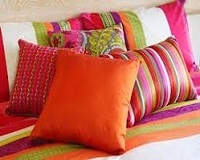 As per latest US customs data, the country’s imports of home textiles and made-ups grew at a robust 7.7 per cent to reach 8,740 million sq. mt. during the January-May 2018 period. Import of made-ups and home textiles of man-made fibres grew 10 per cent to reach 6,093.6 million sq. mt. In contrast, cotton made-ups and home textile imports grew by 1.6 per cent to reach 2,375.5 million sq. mt.
As per latest US customs data, the country’s imports of home textiles and made-ups grew at a robust 7.7 per cent to reach 8,740 million sq. mt. during the January-May 2018 period. Import of made-ups and home textiles of man-made fibres grew 10 per cent to reach 6,093.6 million sq. mt. In contrast, cotton made-ups and home textile imports grew by 1.6 per cent to reach 2,375.5 million sq. mt.
Home textiles and growing business
In value terms however, US imports of cotton made-ups and home textiles during January-May 2018, were $3034.7 million, 1.41 per cent lower than during January-May 2017. China, which enjoys a share of 36 per cent in total US cotton home textile imports, witnessed a fall of 0.57 per cent in exports to the US, at $1,091.6 million. Close on the heels is India at $990.99 million, witnessed a drop of 6 per cent.
In MMF made-ups and home textiles, India's share is a meager 4.43 per cent, while China enjoys majority share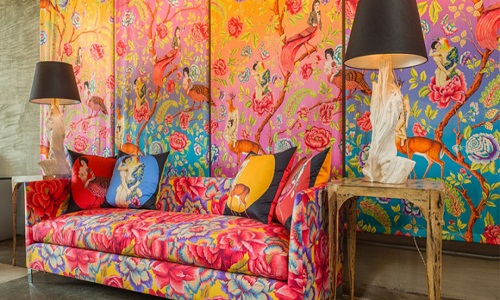 of 61 per cent. In dollar terms, India's exports of MMF home textiles to the US grew 6.66 per cent to $100 million during January-May 2018. China's exports during the period were to the tune of $1390.92 million, growing 7.52 per cent
of 61 per cent. In dollar terms, India's exports of MMF home textiles to the US grew 6.66 per cent to $100 million during January-May 2018. China's exports during the period were to the tune of $1390.92 million, growing 7.52 per cent
The global home textile market is estimated to reach $130 billion by 2021. Bed linen accounts for the largest share of 45 per cent in this segment, while bath linen constitutes 20 per cent. Other segments such as floor coverings, furnishings, table and kitchen linen make up 35per cent of home textile market. Bed linen and bedspreads segment is expected to grow at a CAGR of 4.4 per cent to reach $60 billion by 2020. The US is the world's single largest home textiles market accounting for 21 per cent market share. The US market is projected to grow at CAGR of 3 per cent to reach $27 billion by FY2020. Europe is the second largest home textiles market, accounting for 26.8 per cent. Bed and bath linen market in Europe is expected to grow at CAGR of 1.7 per cent to $17 billion by 2020.
Meanwhile, Asia Pacific, accounting for 44 per cent of the market, remains the most dominant producer and consumer of home textiles. Here, China is the largest manufacturer and consumer of home textiles. The market size is estimated at $30 billion.
India is the third largest home textiles market in the Asia Pacific region, projected to grow at a CAGR of 7.2 per cent to reach $5.6 billion by 2020. India's bed linen consumption is expected to reach Rs 19,350 crore ( $US 2.81 billion) by 2021, growing at a CAGR of 8 per cent from 2011-2021. Towels consumption in the country is estimated to reach Rs 7,060 crore ( $US 1.02 billion) by 2021, curtains Rs 4,790 crore ( $US 0.70 billion) , blankets Rs 2,850 crore ( $US 0.41 billion), upholstery Rs 3,080 crore( $US 0.45 billion), kitchen linen Rs 2,400 crore( $US 0.35 billion), and rugs and carpets ( $US 0.18 billion) crore by 2021. The strong growth expected in the market over the next three years has pushed up investments in the sector.
Overconsumption and the inevitable disposal of unwanted clothing has become a worrying global problem. In many cases, these clothing are unnecessarily thrown away. Instead, it could be repaired or recycled. One truck of textiles is thrown away every second globally.
Materialistic values and a widespread desire for having new styles have reduced the functional value of clothing, making it easily disposable. A staggering 100 billion items of clothing are being produced annually, and 50 per cent of fast fashion pieces are disposed of within a year.
While consumers have grown increasingly concerned about where and how garments are made, there are still serious concerns over its environmental impact and contribution to climate change. Fashion is deemed to be one of the world’s most polluting industries – from toxic chemical use to water pollution and waste. Some 35 per cent of the global total of microfibers in the oceans comes from clothes and textiles.
By 2050, it is anticipated, the fashion industry will use up 25 per cent of the world’s carbon budget. Recycling is problematic environmentally. Recycling is energy intensive and may require use of further virgin materials. While it resolves some of fashion’s sustainability issues, it does not adequately address the problem that consumers buy too much and that the average number of times a garment is worn has fallen by 36 per cent since 2000.
Home textile suppliers in the US have a busy season ahead. Back-to-College season is a significant event for vendors, who have created bedding, bath and accessories collections specific to dorm rooms and college apartments. This year, most back-to-school shoppers plan to start shopping at least three weeks before school begins.
College and graduate students spending on dorm or apartment furnishings make the category the third largest behind electronics and clothing/accessories. For the harvest season, running from late September through Thanksgiving, home textile suppliers of decorative pillows and bath accessories have created novelty capsule collections. This is when table linens and kitchen textiles imbued with autumnal hues take the spotlight.
The holiday shopping season is prime time for blankets, throws, flannel sheets, holiday-themed table linens and whimsical bathroom décor. When it comes to Christmas trimmings, home textile suppliers are also in the mix with stockings and tree skirts whose motifs range from tongue-in-cheek to formally elegant.
Total holiday sales at retail across all categories last year rose 5.5 per cent. That marked the largest increase since the 5.2 per cent year-over-year gain seen in 2010. Holiday sales at furniture and home furnishings stores climbed 7.5 per cent unadjusted year-over-year, a strong showing.
Men’s wear brand True Blue may extend into accessories or women’s wear. The brand was launched in 2016 by Arvind and Sachin Tendulkar. True Blue is a lifestyle brand and does shirts, T-shirts, blazers, bundies, suits, denims, chinos, polos. Most of the silhouettes are western. Fabric details and the stories are Indian. Every season the brand takes inspiration from India—places, arts—and represents that in apparel.
True Blue, which blends Indian authentic cloth making and dyeing techniques into western wear, is currently sold through nearly 75 outlets including eight standalone stores in the country. Now, the plan is take True Blue, to global markets including the US and UK. The creative team travels extensively from Kashi to Kashmir and Rajasthan, spending days trying to absorb the energy to create the collection.
True Blue stands for authentic or original. Blue stands for India. Blue stands for Sachin Tendulkar. He has worn blue most of his life. So he was okay with the color as the name. The core of the brand is modern India. It wanted to depict India as larger than life in apparel. True Blue has a new take on India, the modern India.
Arvind, the country’s largest textile company, runs stores of nearly two dozen brands, including Gap, US Polo, Arrow, Sephora and Children’s Place as a licensee or JVs. True Blue will be its first owned brand to venture outside India and stretch into a wide range of adjacent categories.
Denimsandjeans show is on in Bangalore from August 1 to 2. The annual event enables supply chain companies including top mills, garment manufacturers, accessory and chemical suppliers to come together.
More than 18 companies from across the globe, Italy, Turkey, Korea, Singapore, Bangladesh, China and Switzerland, with different product profiles for the denim industry are participating.
Apart from latest denim fabrics, yarn, dyes, chemicals, washing technology, software and trims manufacturers are also participating in the event. Leading Indian denim mills like Arvind, Raymond, Oswal Denim, L&J, Mafatlal, and companies like Reliance Industries are also displaying their latest offerings at the show.
The first day of the show witnessed visits from top retailers like M&S, VF Sourcing India, Levi’s, Landmark Group, Monte Carlo, Being Human and export houses like Gokaldas Images and many more. Most of them were happy to see sustainable fabrics as sustainability is the prime focus for them.
India is currently a hot favorite for international retailers who are seeking to strengthen their foothold in the booming apparel retail market. The country is now looking forward to sustained growth in apparel retail and with the increase in organized retail, the value of the market is expected to grow substantially and this is expected to impact the denim industry very positively.
The Federation of Indian Export Organisation, Southern region has stated that the RBI's recent repo rate hike was expected given the inflation outlook. Knitwear exporters in Tirupur, on the other hand, have expressed concern that the increase in cost of credit would impact the sector. The RBI recently raised its interest rate by 25 basis points on inflationary concerns for the second time in two months.
The FIEO's southern region Chairman A Sakthivel, however, pointed out to the tight liquidity conditions faced by the export sector especially, by MSME, and requested the RBI governor to bring export credit under priority lending category immediately. The Tirupur Exporters’ Association however stated that the increase in cost of credit would make exports uncompetitive and impact knitwear garment exports.
Demand is growing around the world for Orta Anadolu’s sustainable cotton fabrics. The company has been increasing its use of Better Cotton, which now accounts for five per cent of its total cotton consumption. Orta Anadolu is a Turkish denim fabric manufacturer.
If a fabric from Orta Anadolu is labeled as Better Cotton, this means that 100 per cent of the fiber composition is Better Cotton. The company also uses organic cotton, which accounts for three per cent of its overall cotton use.
Demand is growing around the world for Orta’s sustainable cotton fabrics. Its main markets are the US and Europe and now Chinese brands are also interested in recycled fabrics and Better Cotton.
Another key focus for Orta is the dyeing of its denim fabric. Its Indigo Flow process reduces water use by up to 70 per cent compared with standard dyeing processes, resulting in cleaner, better dye penetration and less oxygen-stress in the wastewater. Indigo Flow is unique to Orta and is a more sustainable method of indigo dyeing, resulting in cleaner waste water, no salt formation and less chemical use. The process has 60 per cent less biological oxygen demand and chemical oxygen demand than other processes.
Repreve fro Unifi is one of the most trusted and certified earth-friendly fibers in the world. Unifi is a textile solutions provider and a leading innovator in manufacturing synthetic and recycled performance fibers. The company is committed to the development of innovative and sustainable performance fibers backed by a flexible, global supply chain.
Unifi’s proprietary Tru-technologies are designed to offer a wide range of performance properties such as wicking, thermal comfort, full coverage, bounce, stretch, sun protection and water resistance. Unifi has repositioned its performance technologies to be benefit focused, making it easier for customers to select the properties that are most important to their consumers.
By offering a wide range of products focused on benefits, Unifi helps customers create innovative fabrics that solve everyday problems and meet and exceed their consumers’ expectations. Outdoor brands and retailers can combine a wide range of Unifi Tru-technologies with Profiber virgin and Repreve recycled yarns that offer multiple performance benefits. The goal is to help inspire those who design and develop new products to innovate at the fiber level to achieve differentiated performance, comfort and style.
Unifi’s new Profiber brand provides options to integrate multiple performance Tru-technologies into polyester and nylon yarns that deliver increased fabric comfort, performance and functionality.
Pakistan Readymade Garments Manufacturers and Exporters Association (PRGMEA) welcomed the new government. It hoped that the new government will form a competent team to address the economic issues due to lower exports and higher imports. It urged the government to take measures to enhance exports and make strong policies for industrialisation in the country.
PRGMEA also stressed the need for early clearance of outstanding refund cases. It urged the new government to clear outstanding refund cases to protect the industry from total collapse. Terming the renewal of GSP Plus as a golden opportunity, which Pakistan exporters could exploit; it also recommended export emergency be declared in the country to control the decline in export sector.
PTGMEA has said high cost of doing business, issues of market access and exchange rate are hindering the exports growth and the government will have to work on it in consultation with the stakeholders to resolve the problems.
The European Union has called a meeting on trade and climate change on October 18-19, 2018 that will be represented by 51 European and Asian countries. The meeting coincides with an EU summit on Oct. 18, which too will tackle the future trade policy and the role of the EU in the multilateral trade system.
Originally planned as a two-day event and marked as key date to agree the terms of the UK’s withdrawal from the EU next year, the European summit has now been downgraded to a one-day event.
The important negotiations on Brexit will now happen at an informal meeting in Salzburg, Austria, on September. 20. A third official said the EU is concerned that the UK isn’t bringing sufficient urgency to the negotiating effort and preparations for a no-deal Brexit will accelerate if there is no breakthrough in September.

